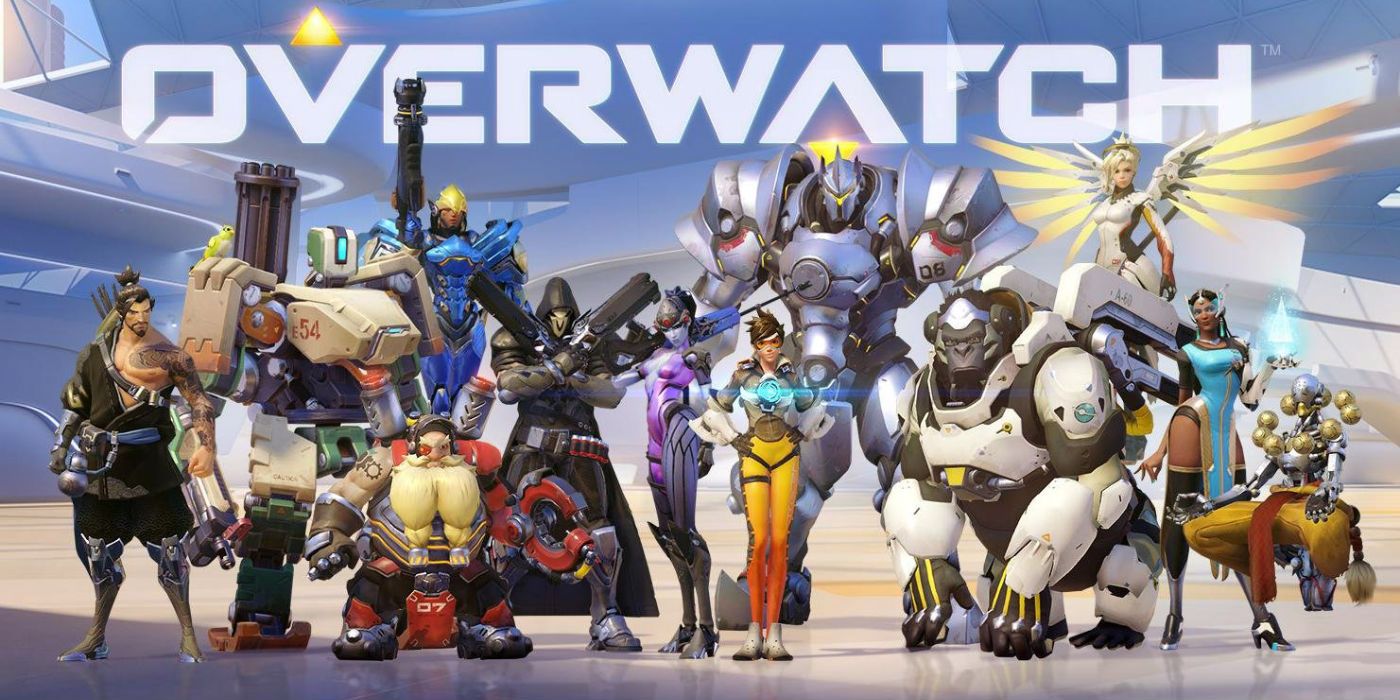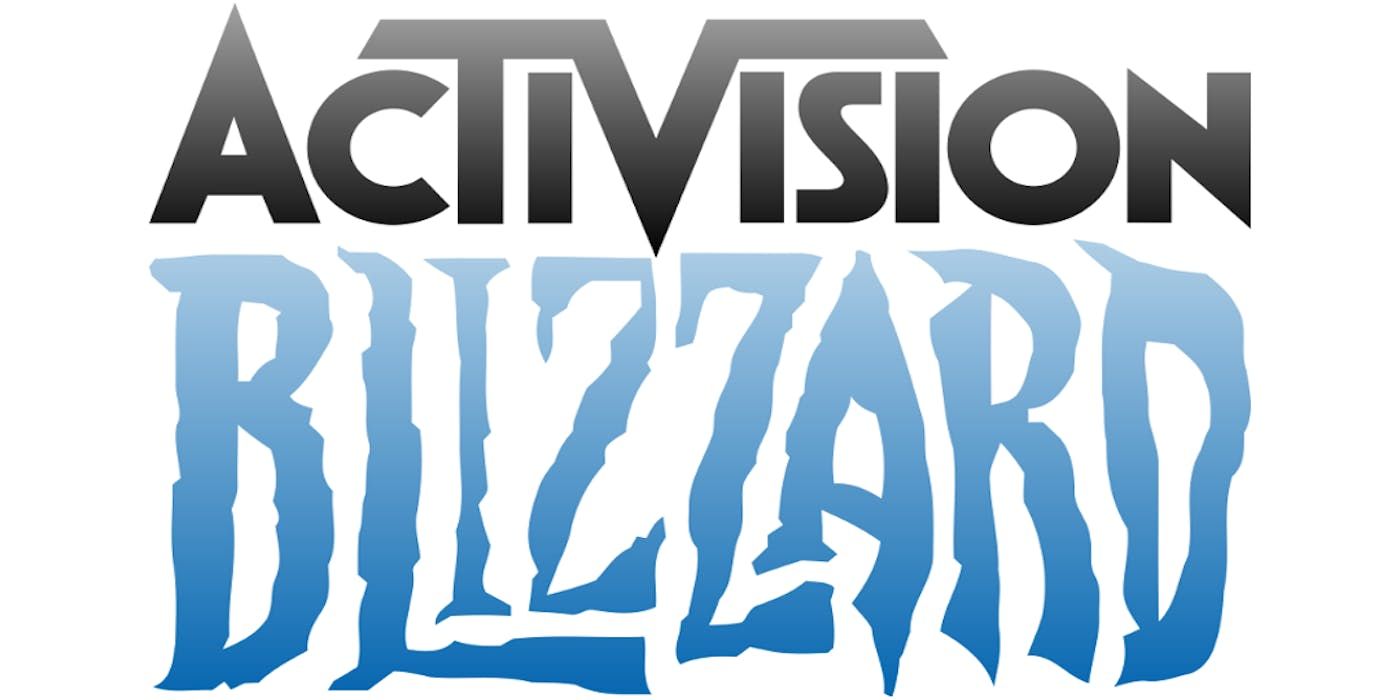A game as popular as Overwatch can attract nearly any kind of player, with each occupying the same shared virtual space in which they all attempt to enjoy the same team-based shooter experience. That same accessibility, however, tends to place people with different ideas as to how the game should be played, and has warranted Overwatch adopting a new machine-based learning algorithm to better recognize, address, and punish the occasional heated grinding of opinions.
While hardly unique to Overwatch, the issue of player toxicity manifesting in insults aimed at either team and griefing can ruin an otherwise enjoyable round or at worst make someone not want to play the game at all, as many fans of games like Overwatch, League of Legends, CS:GO, and countless other examples can attest. The implementation of a sort of virtual referee in the form of an algorithm generated from reports on toxic behavior has been the go-to for Overwatch developer Blizzard across several of its games and has the data to back up its efficacy.
Initially tested in Overwatch and Heroes of the Storm, Blizzard's in-house machine learning AI aims to be more than an intelligent profanity filter. Even in its fledgling state, the program gleans information on in-game aggression and is capable of categorizing these offenses into various levels of severity, minding a threshold that will advise the dispensing punishments ranging from wait-times for joining new games to outright bans should the behavior continue. While by no means a catch-all or perfect solution, the results thus far are not only promising, but are encouraging further development to better handle the ever-evolving landscape of insults and negativity the worst of the game's community can conjure.
The presence of a competitive scene in a game, best represented by the split between ranked and unranked game modes, is typically a sure-fire way to warn new players of the intensity of any game's multiplayer experience. Unfortunately, toxicity will exist anywhere players can interact with one another anonymously, possibly emboldened by the illusion of the freedom of consequence in these digital environments. The team behind Overwatch recognizes problems are bound to happen, and will always encourage players to act responsibly and utilize each of their games' reporting systems to police bad and toxic behavior within their community.
While everyone is entitled to their own opinion of what is offensive or inappropriate, a collection of player-sourced reports remains a valuable pool from which Blizzard's machine learning algorithm can study and better recognize toxicity.
Overwatch is available on PC, PS4, Switch, and Xbox One.
Source: PC Gamer


